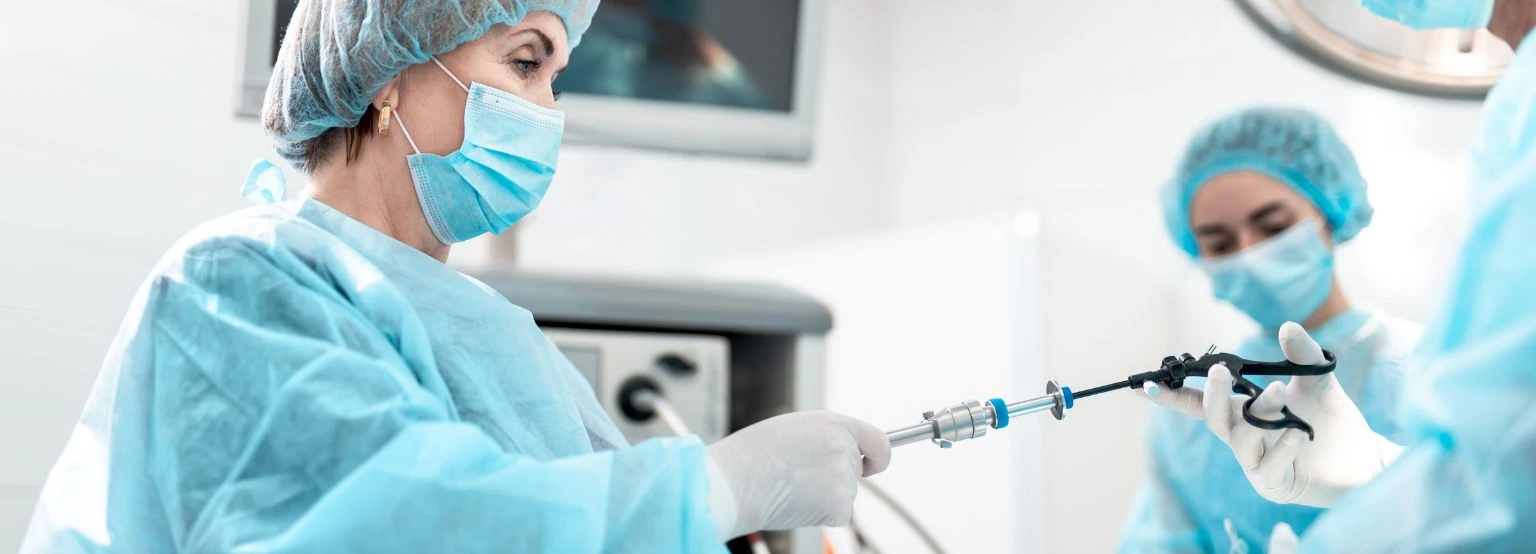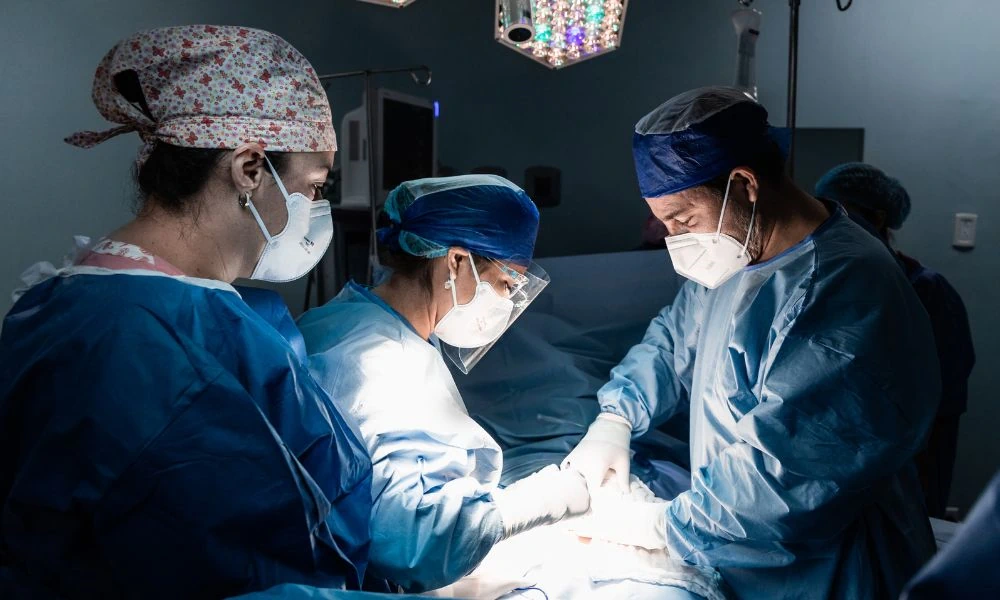

In the medical arena, consistent advancements drive improved patient outcomes. Among the myriad of advancements, the evolution of laparoscopic surgery, a pivotal part of minimally invasive surgery, stands out. This cutting-edge approach has revolutionized various surgical procedures, offering reduced pain, minimized scars, and expedited recovery times. This blog delves into the riveting evolution of laparoscopic techniques, emphasizing the ground-breaking innovations that position minimally invasive surgery as a game-changer in contemporary medicine.
Initially, laparoscopy was seen as a diagnostic aid developed during the early 20th century. The procedure involved inserting a rigid tube equipped with a light source and camera into the abdominal cavity through a small incision. However, it began morphing into a significant surgical technique in the 1970s due to the introduction of more precise instruments and advanced technologies.

The progression in laparoscopic techniques offers several benefits to patients and surgeons:
✅ Reduced pain and scarring: Smaller incisions result in less post-operation pain and minimal scarring, leading to improved cosmetic outcomes and patient satisfaction.
✅ Accelerated recovery: Patients recover faster, returning to their daily activities swiftly, resulting in fewer lost workdays and improved quality of life.
✅ Minimized infection risk and complications: Smaller incisions help lower the risk of post-operative infections and overall complications. Moreover, due to the less invasive nature, laparoscopic procedures lead to reduced adhesion formation compared to open surgery.
✅ Enhanced precision and surgical outcomes: With a magnified view and specialized instruments, laparoscopic surgery allows precise movements, reducing damage risk to surrounding tissues, ensuring improved surgical results.
✅ Minimal blood loss: Advanced energy devices minimize bleeding during surgery, cutting down the need for blood transfusions, thereby lowering the risk of transfusion-related complications.
✅ Reduced hospital stay: Patients often require shorter hospital stays, resulting in significant cost savings for healthcare systems and promoting efficient resource utilization.
The continuous evolution in laparoscopic techniques, backed by significant research, aims at further improving surgical outcomes. A few compelling developments include:
✅ Single-Incision Laparoscopy: This approach facilitates surgery via a single incision, further reducing scarring and speeding up the recovery process.
✅ Natural Orifice Transluminal Endoscopic Surgery (NOTES): This innovative approach eliminates external incisions by accessing the abdominal cavity through natural openings like the mouth or vagina, offering the potential for reduced pain and faster recovery.
✅ The integration of Artificial Intelligence (AI) into laparoscopic surgery: AI’s role in real-time assistance to surgeons is expanding, augmenting precision in decision-making and potentially improving patient outcomes. AI technologies can also help in surgical planning, navigation, and post-operative recovery monitoring.

Undeniably, the evolution of laparoscopic techniques has brought a seismic shift in the realm of surgery, guaranteeing reduced pain, speedier recovery times, and better overall outcomes. Laparoscopy, from being a basic diagnostic tool, has morphed into a cornerstone of modern medical science, enabling complex procedures with minimal invasiveness. The future holds immense promise with technological advancements evolving continually, benefitting patients and healthcare systems globally.
Discover recipes that blend taste with health, crafted by our experts for your well-being.

Discover groundbreaking diagnostic services exclusive to India, now available at Arka Health, Bangalore
Discover expert insights in our Blogs for informed health choices and detailed information